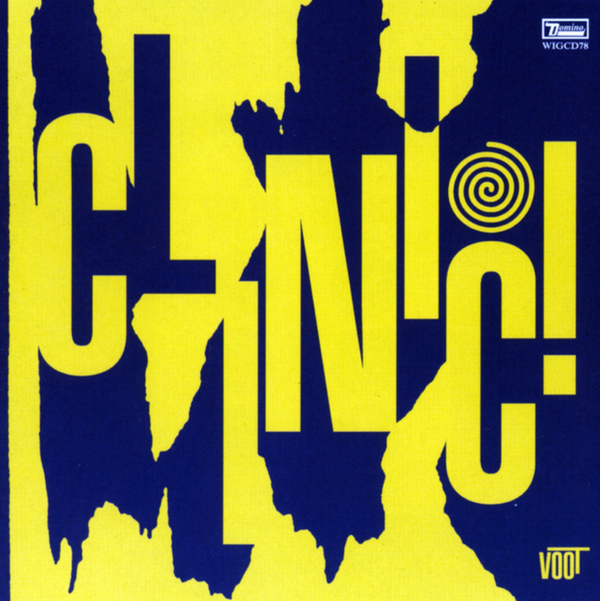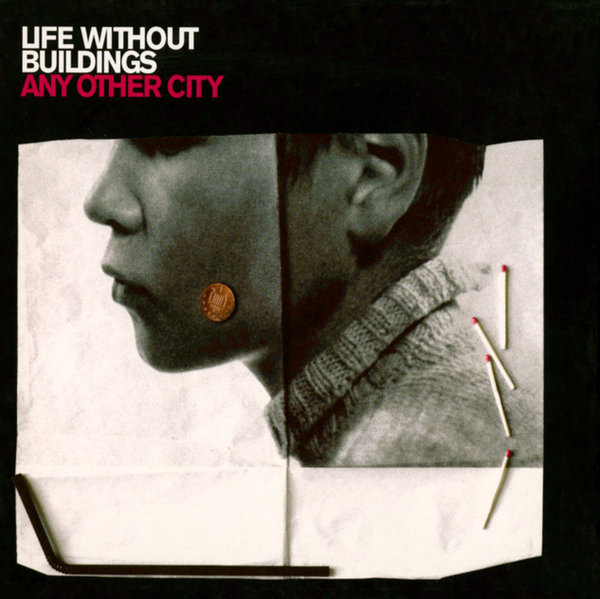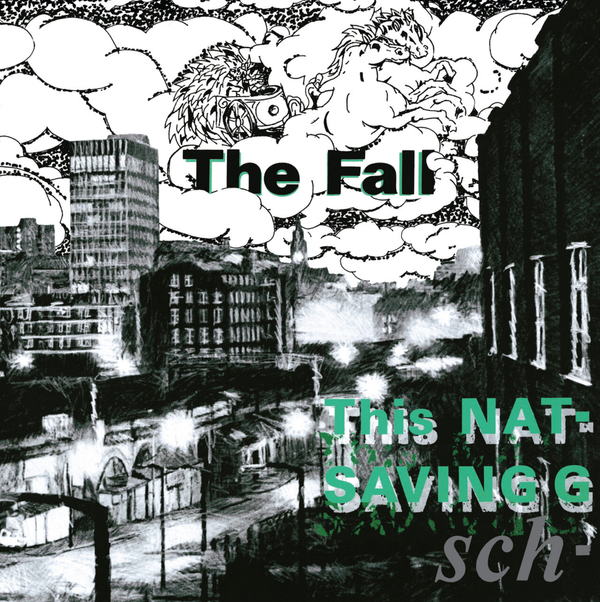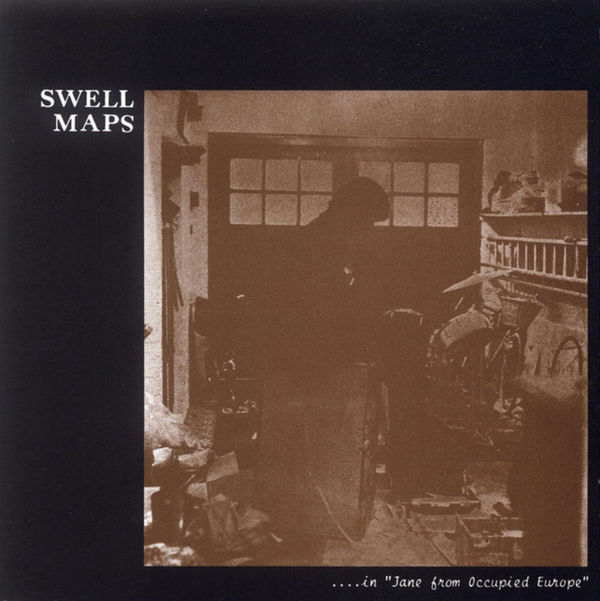May 28, 2025 1 minute read
Deceit
In 1981, This Heat released a paranoid masterpiece that sounds like a protest broadcast. Angular, intense and eerily prophetic.
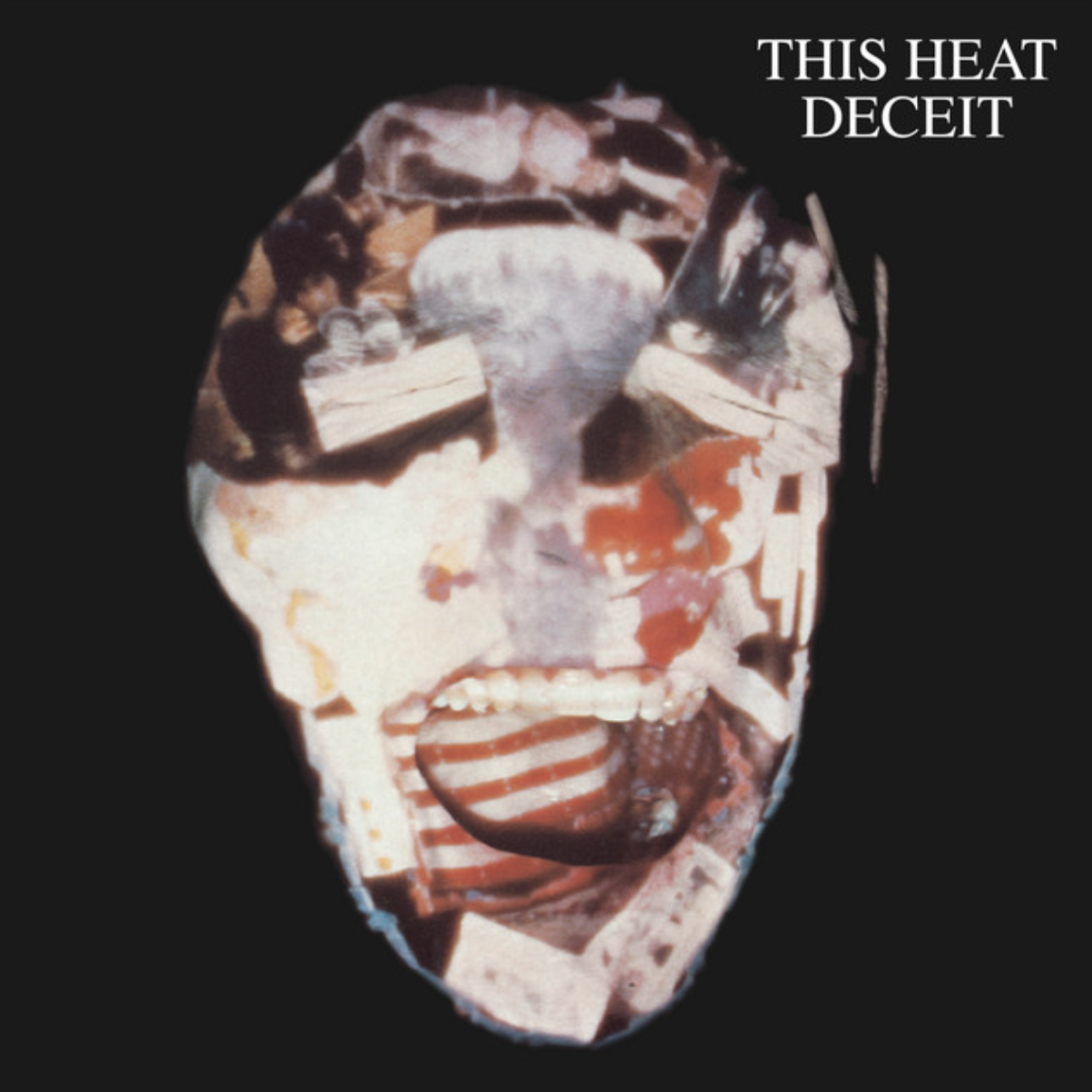
This post is for subscribers only
Sign up now to read the post and get access to the full library of posts for subscribers only.
Sign up now Already have an account? Sign in
